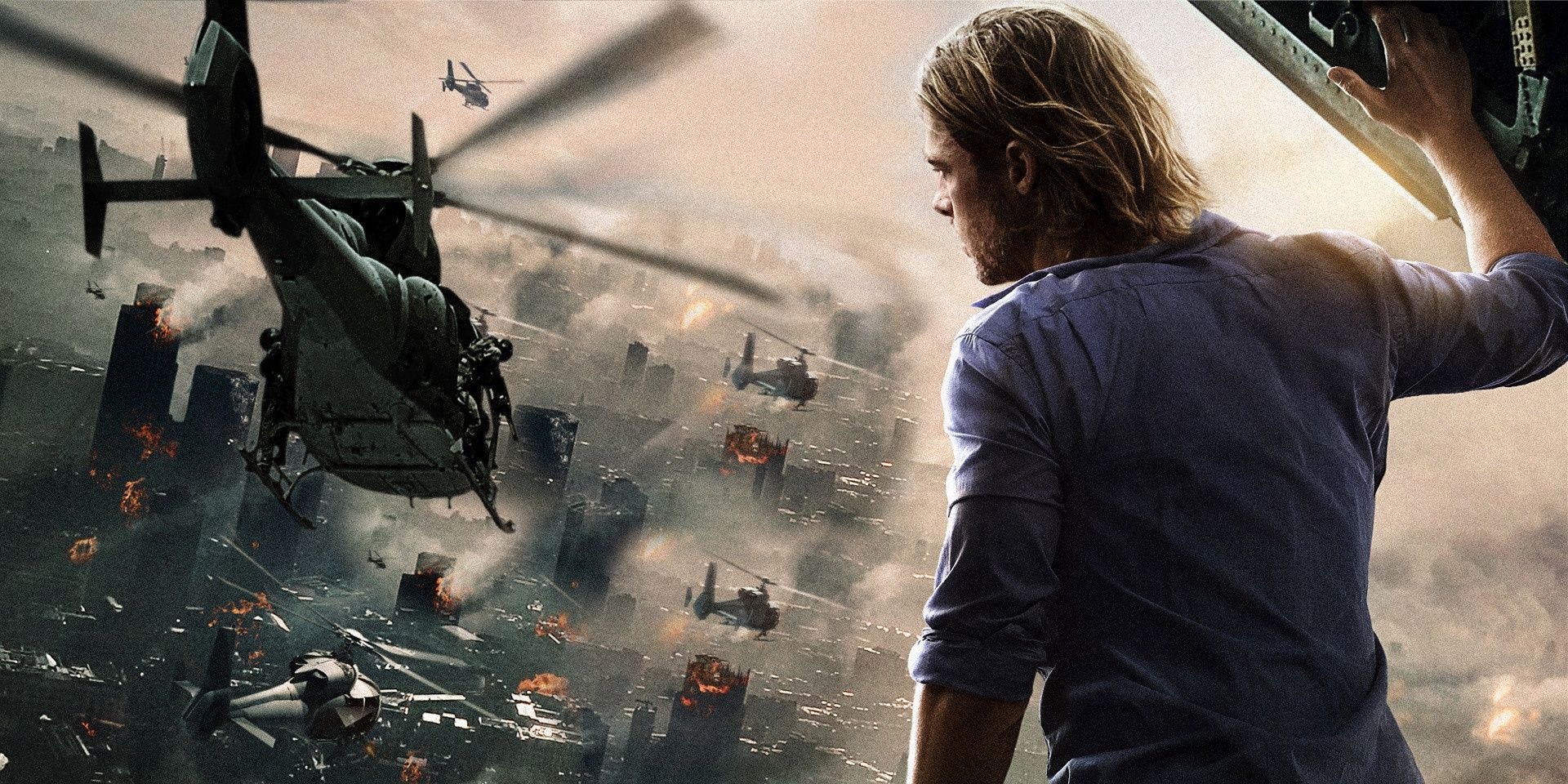The Last Of Us Made David Fincher Glad His World War Z Sequel Was Axed

[ad_1]
Highlights
- The Last of Us series’ success made director David Fincher relieved that his planned World War Z sequel never happened, as it allowed him to explore similar themes more expansively.
- The Last of Us demonstrated that video game adaptations can be successful by staying true to the source material and appealing to both video game fans and a wider audience.
- The Last of Us’ impact and legacy serves as a testament to how video game adaptations can be done properly, providing an engaging live-action experience that stands on its own and satisfies fans.
The Last of Us seemingly made director David Fincher glad his World War Z sequel never came to fruition.
The Last of Us series sought to adapt its gritty source material into live-action. The extensive effort paid off, as the show was a massive success, with The Last of Us setting a new bar for video game adaptations with its first season.
While The Last of Us didn’t break the video game adaptation curse first, it was a runaway success and covered much ground. Speaking to GQ about his latest project, a black comedy with themes of revenge titled The Killer, Fincher revealed that The Last of Us made him glad he didn’t go through with a World War Z sequel he’d been attached to direct. When asked about the canceled sequel to 2013’s World War Z, Filcher responded, “Well, it was a little like The Last of Us. I’m glad that we didn’t do what we were doing, because The Last of Us has a lot more real estate to explore the same stuff. In our title sequence, we were going to use the little parasite… they used it in their title sequence, and in that wonderful opening with the Dick Cavett, David Frost-style talk show.” Fincher added that there are still “some talk” about doing a more accurate World War Z adaptation.
World War Z was an action horror film adapted from a novel of the same name by Max Brooks and released in 2013 by Paramount. Despite several issues during production, the film was a success, and the executives and top brass at Paramount envisioned it as a trilogy that would be a more grounded but gun-heavy ordeal than AMC’s The Walking Dead. Despite pre-production starting up and Fincher being attached to direct, the project was still scrapped, allegedly due to the Chinese government banning such films at the time, leading to a large hole in the potential market. While the planned sequel will probably never see the light of day, fans did get some consolation in the form of a World War Z video game announced at 2017’s Game Awards, which is still active today.
While many fans believe a World War Z sequel could improve upon the original, it is hard to fault Fincher’s logic here. The Last of Us had the double advantage of being an adaptation of a well-written, cohesive story with interesting characters that appealed to a modern audience and being a video game adaptation, bringing in an established audience alongside existing fans of the genre. Considering the similarities mentioned, there is no doubt that the two projects would’ve drawn unhelpful comparisons from viewers, potentially dulling the impact of both.
The legacy World War Z has built is well earned, and The Last of Us can teach other video game adaptations how to properly and faithfully give fans an engaging live-action experience that complements the dynamic medium of gaming without coming across as a cash grab or failing to stand alone as a piece of media.
The Last of Us season 1 is currently available for streaming on Max.
Source: GQ
Source link
